The human body is a wonder of complex mechanisms and finely tuned equilibrium, yet it has also been used and abused. The black market for human organs is a particularly depressing example.
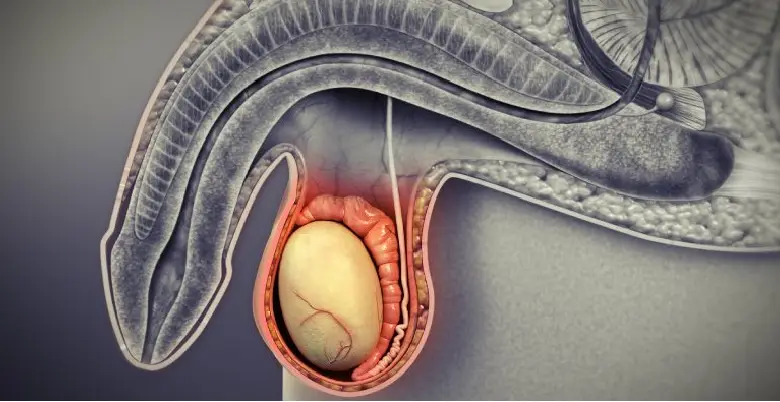
The mysteriousness surrounding the trading of human testes, the male reproductive organs responsible for creating sperm and testosterone, has caught the public’s attention. This article explores the ethical, legal, and societal issues surrounding the human testis trade in India.
The Underground Organ Trade: A Global Issue
The unregulated sale of human organs is a significant problem that is prevalent in a number of nations all over the world.
Because of the critical function that they play in maintaining life, organs such as kidneys, livers, and hearts have been the primary focus of this underground market.
Yet, the trafficking of human testicles has also surfaced as a worrying aspect of this unlawful industry, despite the fact that it is less frequently publicised.
Here is : Angioplasty
Human Testis Industry in India
A thriving organ black market may be found in India due to the country’s large population and complex social structure, both of which create favourable conditions for business.
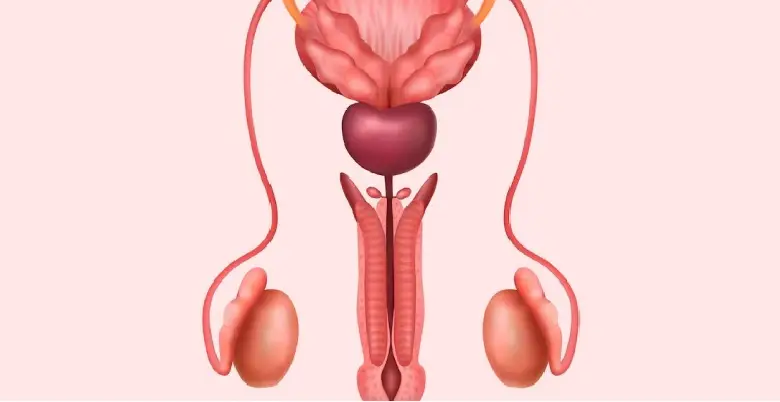
In India, the sale of human testes is frequently driven by socioeconomic concerns, which result in vulnerable persons being pressured or enticed into selling their organs for the sake of monetary gain.
According to some reports, the desire for human testicles in particular groups, which is believed to be motivated by old myths and beliefs, has led to the continuing of this illicit trade.
Confusion on both the legal and ethical fronts
The buying and selling of human testicles in India poses serious moral and ethical questions. The monetization of human bodies and the exploitation of vulnerable persons stand in striking contrast to the concepts of human dignity and rights.

In India, the Transplantation of Human Organs and Tissues Act (THOTA) was passed into law in 1994 with the goals of regulating organ transplantation and preventing the illegal sale of organs.
On the other hand, due to the underground nature of the human testis trade, it is extremely difficult to successfully implement these rules.
Also read about – Liver cancer
Aspects of Socioeconomic Conditions
The socio-economic conditions that persons are living in frequently play a vital role in determining their susceptibility to organ trafficking.
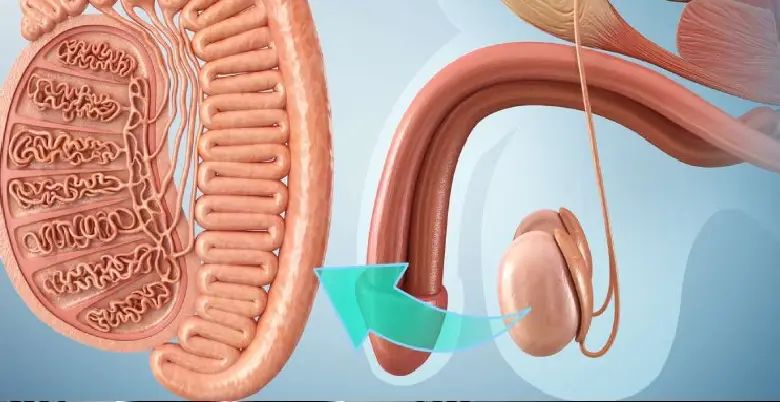
Some people are more prone to being exploited than others because of factors such as poverty, a lack of education, and restricted access to healthcare.
Untrustworthy intermediaries capitalise on these conditions by pressuring people to sell their organs, especially their testicles, in exchange for monetary payment.
The Role of Demand and Supply
Myths and misconceptions concerning the purported therapeutic and aphrodisiacal characteristics of human testicles are a major contributor to the high demand for these organs.
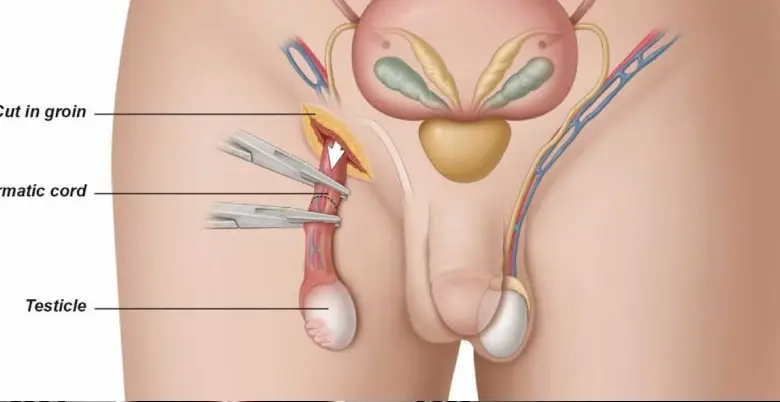
Some populations’ desire is being driven by the prevalence of these ideas, which are being upheld by traditional medicine practitioners and quacks.
As a consequence, the supply is satisfied by immoral ways, which frequently include the trafficking of humans or the allurement of them with false promises.
Get information about – Bone Marrow Transplant
Networks for the Illicit Trade in Organs
The purchase and sale of human testicles is made possible through complex networks that include brokers, intermediaries, physicians, and receivers.
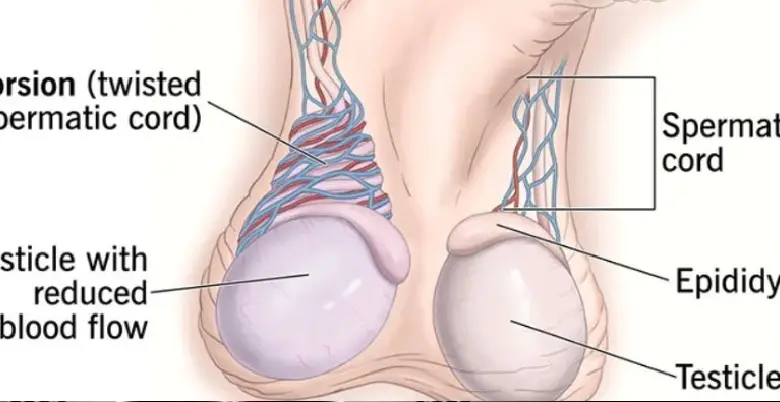
These networks do their business in the shadows, taking advantage of legal gaps and targeting defenceless people as victims.
As a result of the lack of rigorous rules and competent law enforcement, such networks have been permitted to flourish, which makes it impossible to completely abolish this illegal commerce.
Understanding the Pricing Mechanism
The valuation of human testicles is a multi-step process that is heavily impacted by a variety of different aspects.

Although there is no official “price list” for organs, such as testes, which are sold on the illicit market, estimates suggest that they can bring anything from a few thousand to several lakh rupees.
Because of the shadowy nature of the trade and the uncontrolled nature of its dynamics, these numbers might very well end up being different in the future.